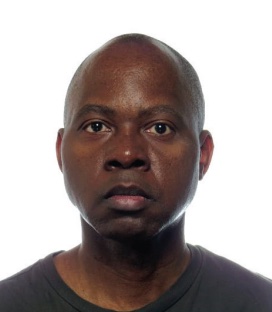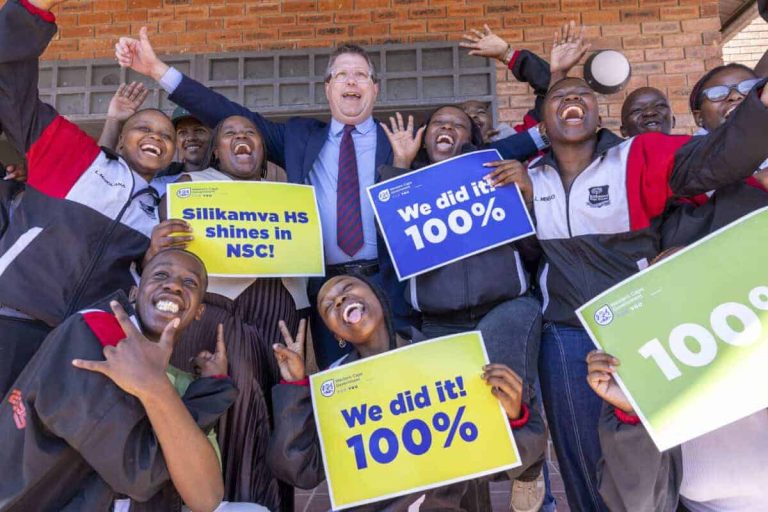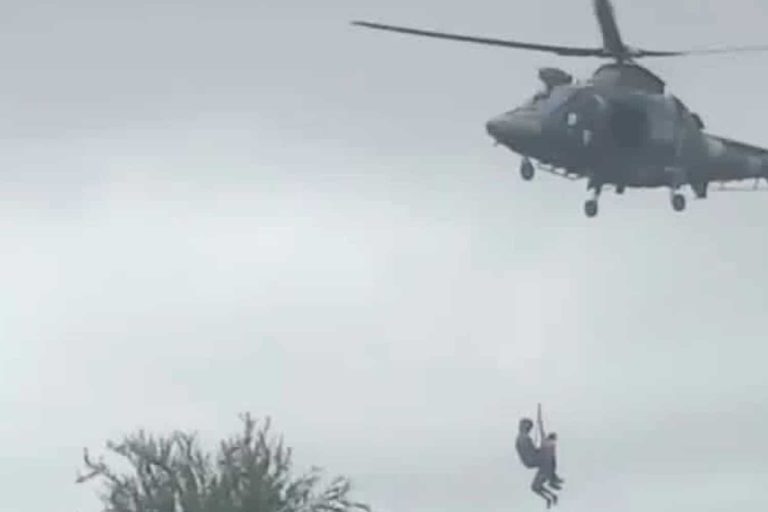
Screenshot

Uganda is one of the most corrupt places on earth. Transparency International ranks it the 140th most corrupt out of 180 countries, up there with Nigeria and Central African Republic.
Police is the worst. An officer at CPS (Central Police Station) brazenly told me I have to pay if I want my case investigated. Another police officer at CPS boasted that he arrested “noise maker” Ingrid Turinawe of FDC (Forum for Democratic Change) and forced her to “keep quiet”.
When I handed over court arrest warrants for three suspected criminals at the same police station, nothing happened although the suspects were openly in town, including on scheduled live TV talk shows.
I know a foreign individual accused of defilement who paid a bribe at Kira Road police station to “kill” the case. I asked for a police report at Kajjansi police station and was told to “buy paper”.
Police in Kajjansi would not allow me to place armed private security guards at my property unless I paid a bribe. The list goes on. One could complain to the Police Professional Standards Unit.
I have never bothered; it is like asking a criminal to catch himself. The DPP (Director of Public Prosecutions) office is a close second in terms of being corrupt. When I dealt with that office, the primary suspects were mysteriously knocked off the charge sheet without my knowledge as the complainant and even before I testified in court.
When I queried the State Attorney about this irregular action, he said he did not know the reasoning but he would ask “his boss”. I never heard back from any of them. All the while, the judge kept telling the apparently clueless State Attorney what to do.
Some lawyers have decided not to deal with criminal cases because of widespread incompetence, corruption and political interference. I don’t blame them. In the region, the UPDF (Uganda Peoples’ Defence Forces) is known to be generally efficient and mostly well-disciplined.
But it is also known to be very corrupt. It is known to collude with locals to steal expensive cars. In one case, the UPDF was found to be illegally selling to locals electricity meant to be restricted.
In some country, it is said that you can’t run a shop in a protected area unless you pay a bribe or you have a well-placed UPDF officer as your partner. Many people collude with the UPDF to smuggle in otherwise taxable items through the old Entebbe airport (now used as a military airport).
I suspect the authorities know what goes on but choose to look the other way. Uganda Revenue Authority (URA) has changed tactics. The days of junior officers rummaging through one’s property with impunity at Entebbe airport are long gone.
Nowadays, URA uses scanners and doesn’t disturb you unnecessarily. Now can they stop threatening us? Once, I received a demand note from them that I pay tax I do not owe against a property that does not exist.
Just recently on October 6, I got an ultimatum that I pay tax, which I do not owe, within three days. The Americans call that fishing. The Europeans call it casting the net wide. The locals say to throw a stone in the bush to see what comes out. I call it intimidation.
That is URA’s idea of collecting tax: everyone is guilty until proven innocent. National Identification and Registration Authority (NIRA) does some things properly. Getting a national ID wasn’t a pain.
I haven’t seen anyone complain about that. But a vital thing missing is a publicly-available privacy policy and its enforcement. While NIRA’s website has a story about President Museveni renewing his ID, there is no mention of any privacy policy.
I am not just talking about a piece of paper. Being committed to this value or being a member of that association with no enforcement is no good. I have been a victim. Some fraudsters breached the NIRA database and downloaded my signature, photo and other vital details.
They used a fake ID, allegedly mine, to forge some documents. Five years down the road, NIRA (they are aware) have never contacted me to get to the bottom of the matter.
Meanwhile, the fraudsters continue to move freely and most likely defraud unsuspecting Ugandans. One would think that the place to run to is State House. Unfortunately, this is not necessarily the case. I have been asked to pay bribes by the so-called State House Anti Corruption Unit on three separate occasions!
Anyone who still believes Museveni and his NRM government can fight corruption must be foolish. Museveni makes only passing mention of corruption in his manifesto. It is not among his priorities.
Of course, there is no mention of the many high-level corruption scandals including Karamoja mabaati, NRM bicycles, land bonanza, junk helicopters, Danze, Global Fund, Gavi Fund, valley dams (Karamoja has really suffered), Temangalo, CHOGM and ghost soldiers.
Interestingly, there is mention of ghost workers on “civil service payroll” but not ghost soldiers. Of course, Museveni will “win” the presidential elections either genuinely or through rigging. Brace for more of the same.
The writer is a victim of Uganda’s corrupt systems



